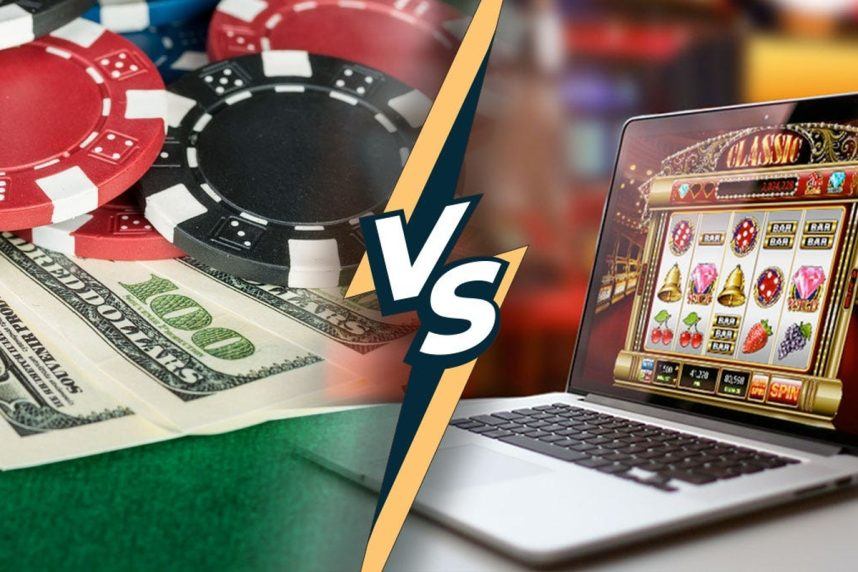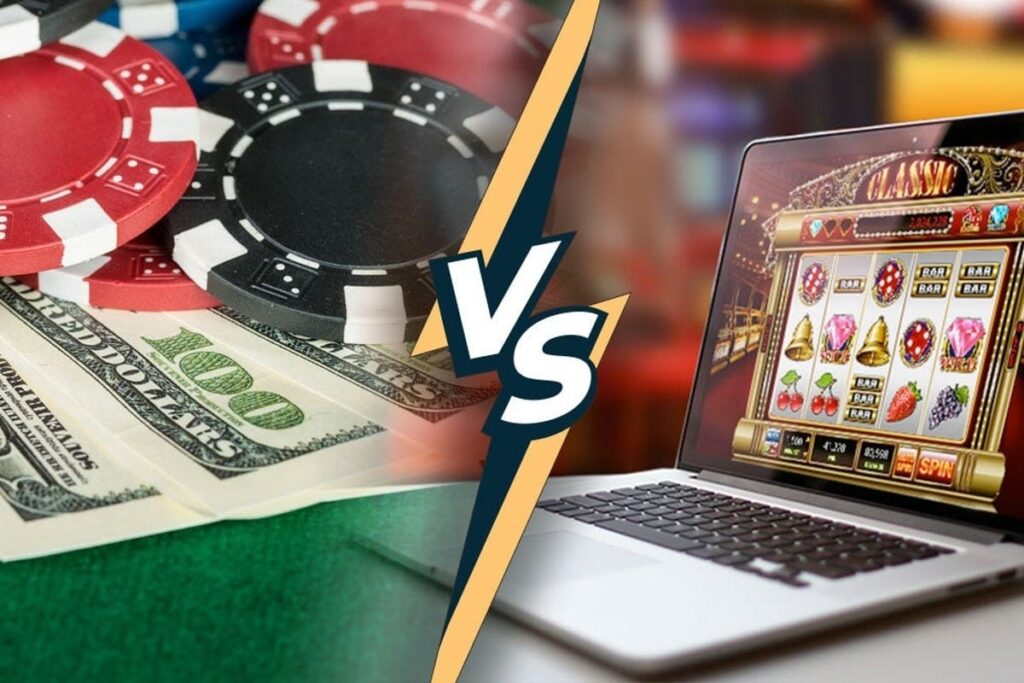Posted on: December 9, 2024, 02:45h.
Last updated on: December 9, 2024, 03:01h.
Sweepstakes casinos are a fast-growing segment of the broader gaming industry and at least one industry sees that growth continuing, though it’s likely to be accompanied by increased regulatory scrutiny.

Also known as sweeps casinos, this form of wagering blurs the line between social casinos, which are typically free to play, and iGaming. iGaming features internet versions of standard casino games with real-money betting and is permitted in just seven states. As Macquarie analyst Aaron Lee points out, sweepstakes casinos notched a compound annual growth rate (CAGR) of about 75% from 2019 through last year, making it a $4 billion industry today, and one that could potentially stoke more iGaming legislation.
Though there are clear similarities between sweepstakes and iGaming, we see little evidence of cannibalization,” observed Lee. “Rather, we think the growth of sweepstakes could actually be a positive for iGaming legislation by attracting attention to the untapped tax revenues.”
He added that if cannibalization does occur, social casinos, not iGaming, would be the more likely victims of the expansion of sweeps casinos.
Sweepstakes Casinos are Controversial
As sweepstakes casinos rapidly expand, this form of wagering is increasingly drawing scrutiny because some regulators view it as iGaming in disguise. Like social casinos, sweeps equivalents lure players with the promise of free-to-play games. By playing those games, players have the potential to win prizes, but they’re often faced with in-app purchases to advance and possibly shorten their odds of winning.
The purchases aren’t necessary, but that hasn’t stopped some bettors from plunking down significant sums of cash on the games. Many ultimately end up feeling foolish because they removed the free element of social casinos without the defined outcomes and real money potential of internet casinos.
Lee said sweepstakes casinos don’t fall into the category of lottery or traditional betting because operators remove the element of consideration, which along with prizes and chances, is one of the three primary tenants of gambling. With consideration not in the equation, sweeps casinos must make clear that no purchase is necessary to win prizes and give clients alternative avenues, such as mail-in forms, for participating in the drawing.
“Users can also choose to play with a sweepstakes currency, which can effectively be used like real money, as users can wager sweepstakes coins for the chance to earn more sweepstakes coins, and can also redeem those sweepstakes coins for cash prizes,” noted Lee. “This is the sweepstakes promotional aspect, whereby sweepstakes operators would argue that the sweepstakes promotes the purchase of the virtual currency.”
Lee said that in the eyes of sweeps casino operators, the purchase of virtual currency constitutes an entry into a drawing and thus isn’t the same as standard forms of betting. The American Gaming Association (AGA) is encouraging regulators to pay more attention to the dual currency employed by sweeps casinos because it flouts federal and state laws. However, pursuing legal action operators is nearly impossible because nearly all of them are based outside the US.
Currently, sweeps casino operators prohibit residents of four states from accessing their offerings while there is some form of prohibition in another seven states.
Sweepstakes Casinos are Rapidly Growing
Recent research from Eilers & Krejcik Gaming (EKG) indicates the sweepstakes casinos market surged to $4.2 billion last year from $460 million in 2019, but as Lee noted, sweepstakes casinos report revenue in a fashion similar to lotteries, meaning prizes paid out to winners are factored into the top line.
Lee said that on a net basis, sweeps casinos were likely a $1.3 billion space last year, compared to $7 billion for social casinos and $6.5 billion for live money iGaming.
“Nonetheless, the sweepstakes industry saw strong growth during the pandemic, and growth has continued at a strong pace thereafter,” concluded Lee. “Eilers forecasts the industry will grow to $5.6 billion of gross revenues in 2024E (~30% year-over-year) and $6.9 billion in 2025E (24% year-over-year), which we estimate translates to roughly $1.7 billion and $2.1 billion on a net basis, respectively.”




